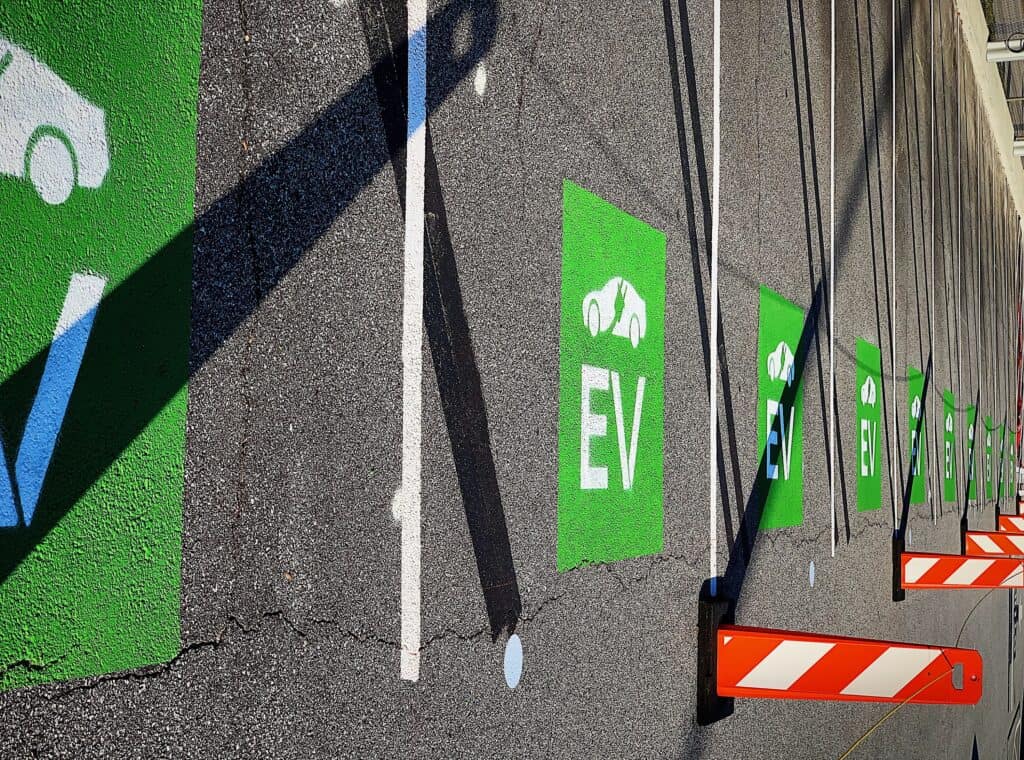
Fleets ‘Postponing’ EV Switch Over Rising Costs
A recent study has found that three-quarters of fleets are postponing their plans to go electric because of rising costs.
The rising cost of living coupled with an increase in the cost of switching out their entire fleet to electric vehicles (EVs) has led to many putting off their plans.
It’s an interesting perspective on where the EV market is and what we can expect in the coming months.
The prevailing thought was that more and more EVs would enter the market, making it easier for fleets to make the switch…
But with recent developments in the economy putting increasing pressure on businesses, many are looking to avoid significant outlays in the short-term future.
What Does It Mean For EVs?
Given that we’re moving closer to the final new internal combustion engine (ICE) vehicles being produced, the EV market is on an upward trajectory… generally.
The news on cost pressures for fleets does paint a slightly different picture but the long-term trajectory is positive for electric vehicles.
Many fleets have already made the switch or are in the process of electrifying their fleet, but for those who have yet to do so, it’s more a case of when than if.
Delays to production in recent years because of the pandemic, Brexit and in particular the global semiconductor shortage have slowed progress of the sector. But there’s no doubt that it’s still very much the path forwards for most.
The Charging Point Problem…
There is, however, an issue when it comes to charging points for EVs.
Car industry experts have stated that the UK needs to install ‘millions’ more charging points for electric vehicles (EVs).
The Society of Motor Manufacturers and Traders (SMMT) says that legally binding targets to build battery factories and install charging points need to be set and that doing so could create up to 40,000 high-skilled jobs.
It has warned that failure to act now could have a significant impact, with 90,000 jobs at risk and potential regional inequality should the government not announce concrete plans with specific targets.
Under current plans, the UK is set to have 12 gigawatt hours (GWh) of battery production by 2025, which lags behind Germany’s current target of 164GWh in the same timeframe.
The UK will most likely need more than 2 million new charging points across the UK so that all drivers have the confidence to invest in the latest low-emission technology.
With 42% of UK homes not having a driveway, that means a significant investment in off-street EV charging points.
The reality is that there will always be challenges when it comes to significant switches such as this and the right time will come down to the requirements of your fleet, when your replacement cycle comes around, and the cost at that time.
So, has your fleet made the switch to electric? If not, is it in the pipeline? And has the semiconductor crisis affected your replacement cycle? Let us know in the comments below.

